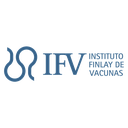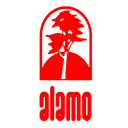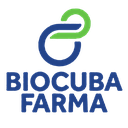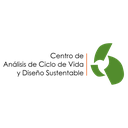Executive Secretary

VIII International Symposium on Chemistry and Pharmaceutical Sciences
SICF
VIII Symposium "Design, Obtaining and Development of Drugs"
Abstract
Pharmacoeconomics is the application of economics to the study of medications, encompassing the total costs of medical treatments, of which the acquisition cost is just one of the factors considered. The objective of the present work was to evaluate two therapeutic alternatives used in the treatment of severe malaria from a pharmacoeconomic point of view at the Malanje Municipal Hospital. A descriptive, observational study was carried out in the period from July to December 2020. A cost-effectiveness pharmacoeconomic analysis was developed, through which the costs of two therapeutic options were evaluated (artemether IM and artesunate, IM and IV). Data were collected from the medical records of patients hospitalized with severe malaria. Success, effectiveness and cost-effectiveness were determined for each treatment. The greatest effectiveness was obtained for the regimen with IM artesunate and the lowest treatment cost for the regimen with IM artemether. Based on the calculation of the cost/effectiveness relationship, the therapeutic scheme that includes IM artesunate was the most efficient in the study. Pharmacoeconomic studies are of vital importance for health centers since they allow the optimization of resources and medications without affecting the well-being and quality of life of patients.
Resumen
La farmacoeconomía es la aplicación de la economía al estudio de los medicamentos englobando los costos totales de los tratamientos médicos, de los cuales el costo de adquisición es apenas uno de los factores considerados. El objetivo del presente trabajo fue evaluar dos alternativas terapéuticas utilizadas en el tratamiento del paludismo grave desde el punto de vista farmacoeconómico en el Hospital Municipal de Malanje. Se realizó un estudio descriptivo, observacional en el periodo de julio a diciembre de 2021. Se desarrolló un análisis farmacoeconómico de tipo costo-efectividad, mediante el cual se evaluó los costos de dos opciones terapéuticas (arteméter IM y artesunato, IM e IV). La recogida de los datos se realizó a partir de las historias clínicas de los pacientes internados con malaria grave. Se determinó el éxito, la efectividad y la relación costo-efectividad para cada tratamiento. La mayor efectividad se obtuvo para el esquema con artesunato IM y el menor costo de tratamiento para el esquema con arteméter IM. A partir del cálculo de la relación costo/efectividad, el esquema terapéutico que incluye artesunato IM resultó como el más eficiente en el estudio. Los estudios farmacoeconómicos son de vital importancia para los centros de salud ya que permiten la optimización de recursos y medicamentos sin afectar el bienestar y la calidad de vida de los pacientes.
About The Speaker

Dany Siverio Mota

Discussion




